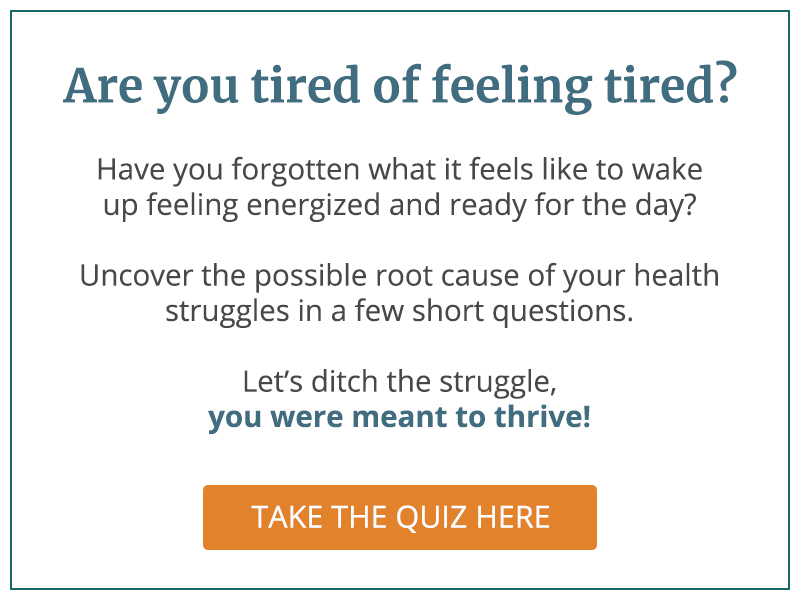Recently, I was asked to give a talk on spirituality and it’s importance in healthcare. I found myself thinking about how I have spent the last few years focusing on the “easy” fixes with my patients such as diet, sleep and exercise. Now, I am not saying that these things are truly easy to fix. However, when it comes to a physician addressing these topics with a patient, talking about the evidence on how certain foods can contribute to or prevent disease and giving specific recommendations based on current science, is much easier than talking to a patient about spirituality and how it can also contribute to or prevent disease.
It is important to define spirituality. I like the definition by our prior Surgeon General, Dr. C. Everett Koop, who defined spirituality as “the vital center of a person; that which is held sacred.” I feel that this removes religion from the discussion, though many people define their spirituality in the context of religion. However, spirituality is much more than that. It is fluid, and will change with your personal experience. It is personal, and unique to each individual. It is an experience first, and then words second. The spoken story of the experience of spirituality is the framework for how it is shared with others. It is manifested in all that we do and influences our choices and behaviors. This last attribute is the most important reason that physicians need to recognize and address spirituality with their patients. I realized that as I encouraged my patients to make changes in their lifestyle, they often would get stuck. They would attempt the recommendations I gave them to increase their number of daily steps, stop drinking soda, eat more plant-based meals. But then, after a few months, they no longer had the motivation to sustain these changes especially when they were surrounded by easy solutions such as an elevator, a drink in a vending machine at work or a drive-thru meal on the way home. I was frustrated. They were frustrated. I realized that I was trying to talk to them about health, and they didn’t care about health. Health is an ambiguous word. What they cared about are the things that give them meaning. They cared about being able to play soccer with their son without running out of energy. They cared about being able to cook and share a home-cooked meal for their friends on a Sunday night because it reminded them of their childhood home full of family for Sunday dinner. They cared about being able to share stories and wisdom with their grandchildren so that they could experience the joy of knowing that when you pass from this earth, you will not be forgotten by those you love. They cared about having an intact memory which allowed them to laugh with their friends about days gone by.
As a physician, I knew how to give recommendations to patients about ways to keep their energy up, their mind intact, their physical limitations to a minimum. As a long time practitioner of meditation and mindfulness, I also understood how the spiritual practices of meditation, prayer and even belonging to a religious or spiritual community could increase my own happiness, sense of belonging, purpose and peace. However, I was not taught in medical school, to make the connection between a person’s spirituality or that which is held sacred, and their health outcomes. I know now, after finally feeling comfortable enough to talk to my patients about that which is sacred, that which gives meaning to their lives and that which they may attribute to “God’s” higher purpose, that this is what helps them get “unstuck”. The sacred moments of laughter with friends, playing soccer with their child, or enjoying the hug of a lifetime from their grandchild are what will sustain them in the moments of difficulty as they are faced with a choice to order those extra fries or dessert. As a physician, I have learned to speak the language that my patients understand. This language is through the voice of spirituality, purpose and meaning. I don’t tell them to give up soda anymore… I tell them to imagine what it would feel like to wake up every morning with energy and joy and to save their quarters for the donation box instead of the vending machine.



